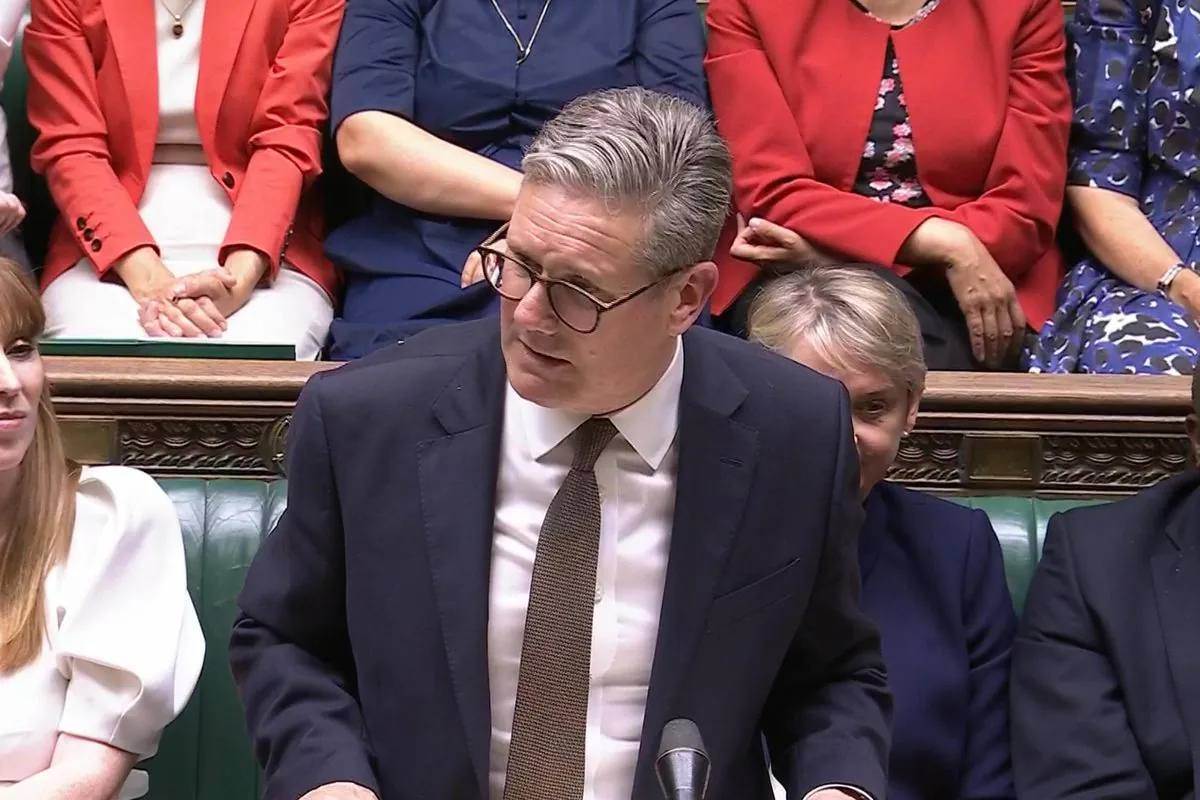Starmer's Struggle: Labour's Early Challenges Cast Doubt on Long-Term Success
Sir Keir Starmer's Labour government faces criticism over policy decisions and communication issues. Despite a large majority, questions arise about the party's ability to maintain public support and implement effective reforms.

Sir Keir Starmer's Labour government, despite its substantial parliamentary majority, is encountering significant challenges merely two months after assuming office. The administration's performance has raised concerns about its long-term viability and ability to implement effective reforms.
Starmer's leadership style and communication approach have come under scrutiny. Critics argue that his messaging fails to resonate with both the left and right of the political spectrum, drawing comparisons to former Prime Minister Theresa May's tenure. This perceived lack of inspirational leadership has led to a decline in approval ratings and growing skepticism about the government's direction.
The economic policies championed by Chancellor Rachel Reeves have sparked controversy. The decision to means-test winter fuel payments for pensioners has drawn particular criticism, reminiscent of the 2012 "omnishambles" budget. This move has reignited debates about the balance between fiscal responsibility and social welfare.

Labour's approach to education has also faced backlash. The proposal to apply VAT to private school fees and remove business rates relief for these institutions has been met with opposition from families who view this as an unfair targeting of their educational choices.
"We voted for change, not for policies that seem to punish certain groups. It's disappointing to see the government struggle to find a balanced approach so early in their term."
The government's handling of criminal justice issues has been equally problematic. Images of released prisoners celebrating and attributing their freedom to Starmer have created a public relations challenge for the administration.
Labour's economic agenda appears to contain contradictions. While Reeves advocates for growth and increased housebuilding, proposed tax increases and regulatory measures may counteract these objectives. The government's commitment to fiscal conservatism while simultaneously planning record levels of spending and taxation has raised questions about its true economic philosophy.
International developments pose additional challenges for Starmer's government. Shifts in European immigration policies and the potential for a change in U.S. leadership could impact Labour's plans and force policy recalibrations.
As the government grapples with these early setbacks, speculation has begun about the potential for a Conservative resurgence. While Starmer's majority provides a significant buffer, the rapid erosion of public confidence suggests that British politics may enter another period of volatility sooner than anticipated.
The Labour government's performance in the coming months will be crucial in determining whether it can overcome these initial hurdles and deliver on its promises of effective governance and meaningful reform.


































